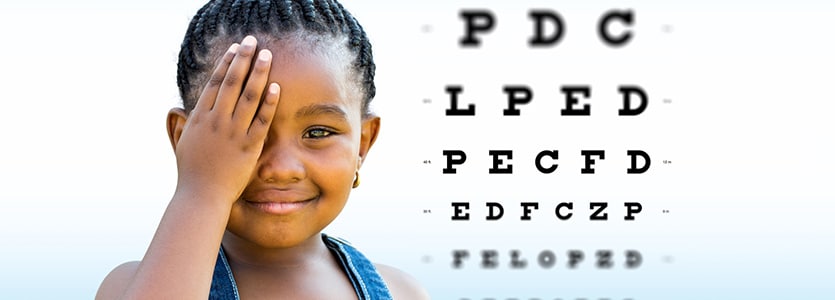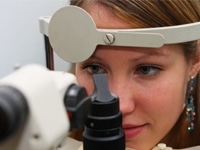
The regular eye test is an invaluable tool, especially in the context of eye health maintenance. It not only detects disease but also prevents its sudden outbreak. Besides some diseases like Glaucoma develops gradually without even causing pain or vision loss, that’s why patients don’t give it required importance until or unless some irreversible damage caused to them. Early detection of disease further provides you an option for the quick treatment and also reduces the risk of the eternal damage.
Who must go through eye exam?

What actually happens during eye test?
An eye test is actually different from vision screening that analyzes vision only and commonly conducted by school nurses, health care providers, and pediatricians. However comprehensive eye test is performed by an expert eye doctor for evaluating overall eye health and detection of change which may lead a person to the stage of vision loss. During a routine eye test, a doctor profoundly tests eyes for reflective errors and other common issues which are mentioned below:-
- Amblyopia
- Strabismus
- Presbyopia
- Glaucoma
- Diabetic eye disease
A series of eyes test examine all possible aspects of eyes including dilation, field test, slit lamp examination, glaucoma test, cover test, refraction, and retinoscopy. In general, these tests are performed in doctor’s office; therefore, it is safe for all type patients.
After the comprehensive test, accurate diagnosis of the problem initiated, the doctor develops a treatment plan based on the reports concluded after tests. This treatment plan includes the recommendation of contact lenses, eyeglasses, vision therapy, medication, vision supplement and laser surgery for serious conditions.

